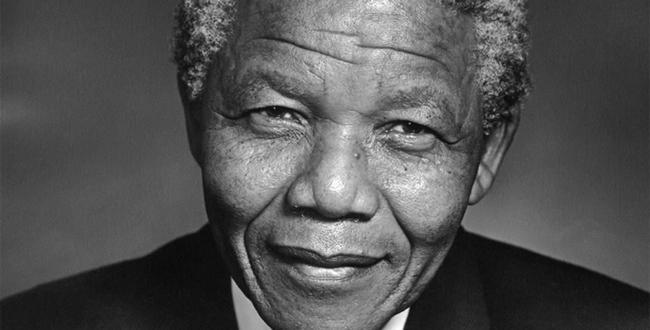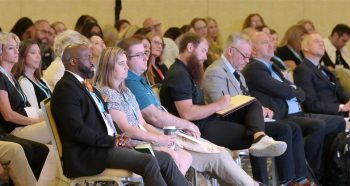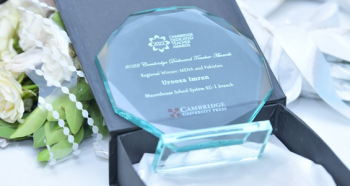“Education is the most powerful weapon which you can use to change the world.”
This quote by Nelson Mandela is one of the most famous sayings on the value of education. But why did this quote become so famous and what makes it so poignant?
On the eve of our last Cambridge Schools Conference for the 2018-19 cycle on the theme of ‘creating the conditions for success’ in Cape Town, it is fitting to reflect on how Mandela’s approach to education can inspire us when creating the conditions for our learners to succeed.
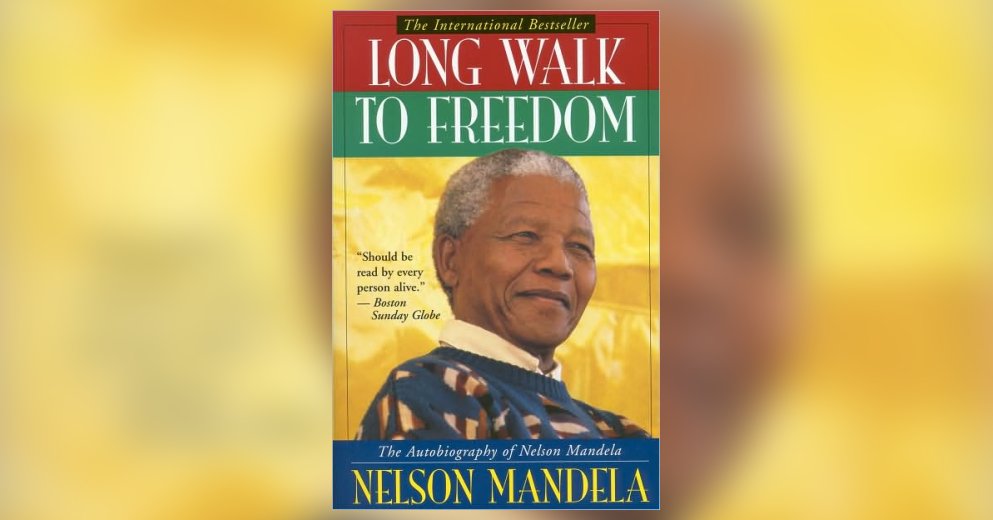
In a life of extremes, education was a constant
Before his death in 2013 at the age of 95, the former President of South Africa, led an extraordinary life. From 25 years of imprisonment, to becoming the first democratically elected President of his nation and jointly winning the Nobel Peace Prize.
In his 1994 autobiography, Long Walk to Freedom Mandela describes how education intertwined the different events in his life.
He discusses the Western-style English-language education he received at mission schools as a boy, and how the feelings of inadequacy it fostered among his people resulted in anger and even social uprising: “it was not lack of ability that limited my people, but lack of opportunity… We were taught that the …best men were Englishmen.”
Throughout his long life and even his imprisonment, Mandela made a point to keep educating himself – seeing learning as an escape from his confines. Even just days before the trial at which he could have been served a death sentence, he was writing papers for his law degree.
He even inspired his fellow prisoners to do the same: “At night, our cell block seemed more like a study hall than a prison… Robben Island was known as ‘the University’ […] because of what we
Limitations of formal education
Mandela did, nevertheless, appreciate the limitations of formal education. Despite earning both a Bachelor of Arts and later a law degree, he realised that they were neither a passport to career success nor wisdom. He remains humble about his achievements, saying that despite others’ lack of formal education, they could be “my superior in virtually every sphere of knowledge”.
His humility also influenced his thinking on politics and the democratic rights of his fellow citizens: “To a narrow-thinking person, it is hard to explain that to be ‘educated’ does not mean being literate and having a BA, and that an illiterate man can be a far more ‘educated’ voter than someone with an advanced degree”.
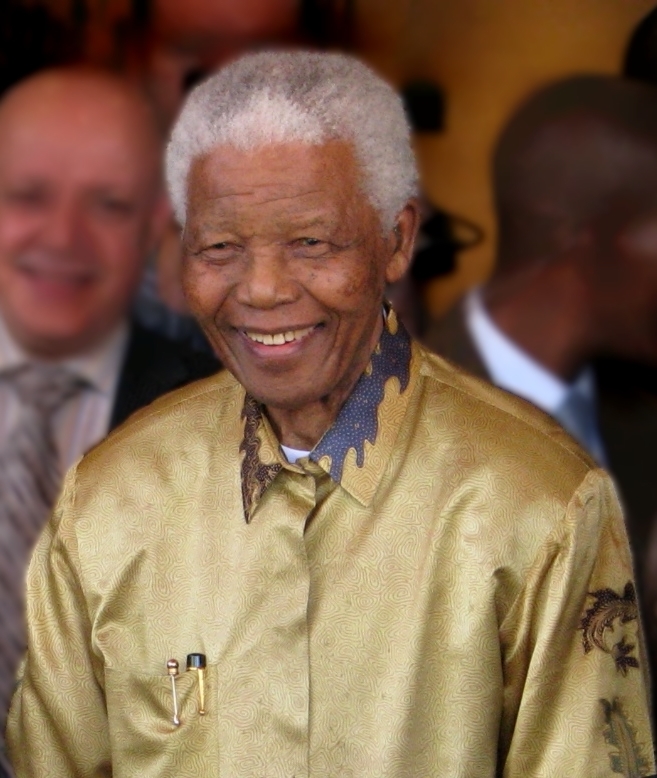
Education as a state of mind and being
Mandela understood the importance of keeping fit to maintain positive mental health and took up long-distance running while a schoolboy. He said that exercise gave him ‘peace of mind’: “I have found that I worked better and thought more clearly when I was in good physical condition, and so training became one of the inflexible disciplines of my life”.
Even during periods of his life when he was in hiding, he would make a habit of changing into his running clothes and jogging on the spot for over an hour.
Running also taught him the value of hard work and discipline in achieving one’s goals, saying that in cross-country running, training counted more than innate ability and that he could compensate for a lack of natural aptitude with diligence and discipline: “I applied this in everything I did. Even as a student, I saw many young men who had great natural ability, but who did not have the self-discipline and patience to build on their endowment”.
During his years of imprisonment, he was allowed little contact with his children yet, in letters to them, he “regularly urged them to exercise … to take their mind off whatever might be bothering them”.
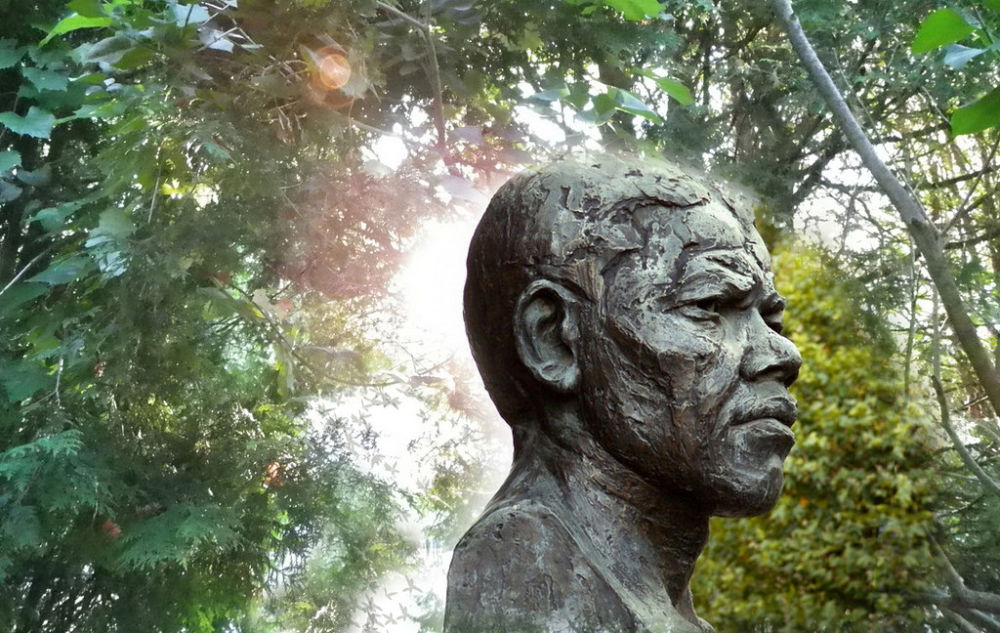
Legacy of hope
Mandela’s legacy lives on in myriad ways – through the policies he implemented, the foundations and charities he created and – for many – through the words he spoke and wrote.
But as we prepare to discuss in Cape Town the crucial factors that enable children to thrive and reach their fullest potential, we can all be inspired by his vision, his values and how he used his education and his attitude to do good in the world:
“Education is the great engine of personal development. It is through education that the daughter of a peasant can become a doctor, that the son of a mine worker can become the head of the mine; that a child of farm workers can become the president of a great nation. It is what we make out of what we have, not what we are given, that separates one person from another”.
Work cited:
Mandela, N.R. (1994). Long Walk to Freedom. London: Abacus.


